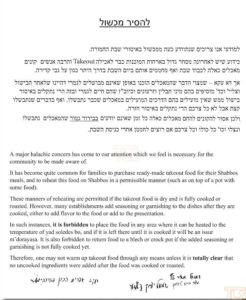 The four Senior Poskim of Bais Medrash Govoha have penned a letter urging the public to take heed to a serious Shabbos issue that has come up.
The four Senior Poskim of Bais Medrash Govoha have penned a letter urging the public to take heed to a serious Shabbos issue that has come up.
While it was uncommon in the past for families to purchase ready-made takeout food for their Shabbos meals, this trend has now become commonplace.
The halacha is that fully cooked, dry food may be reheated on Shabbos in certain ways. However, as the letter makes clear, this is only true if the food is really fully cooked. It has come to light that it is common practice for takeout food establishments to add spicing or garnishing to dishes after they are cooked for seasoning or presentation.
Examples of this might be sesame seeds, black pepper, pesto, parsley flakes, or any number of other spices or vegetables. When this is done, the dish now has completely raw ingredients in it. If this dish is now placed on Shabbos in a spot where it can reach a temperature of “yad soledes bo” (the temperature at which a person would pull his hand back after touching the food), the one who placed the food there has transgressed an issur, and if it is left there until is cooked it is a d’oraysa!
Furthermore, even if the dish is put up on a fire before Shabbos, it must be fully cooked if one wants to do “chazarah” on Shabbos.
The only way it is permitted to place a food on a fire, or to return a food to a fire, on Shabbos, is if one is completely sure that every part of it is fully cooked.
It also has become known that it is common for certain meat dishes to be sold in an extremely “rare” state, with partially uncooked meat in the center, or wrapped in “gooey” dough that is not completely cooked. In such instances, it is also forbidden to put the dish containing not 100% fully cooked food in a place where it can get to “yad soledes bo” in any way.
The four Poskim shlita, Rav Shmuel Felder, Rav Yaakov Forcheimer, Rav Osher Chaim Lieberman and Rav Shmuel Meir Katz, discussed this issue at a meeting this week, and wrote the accompanying letter which details the problem and stresses its severity.
[TLS – Provided by the Lakewood Shopper]


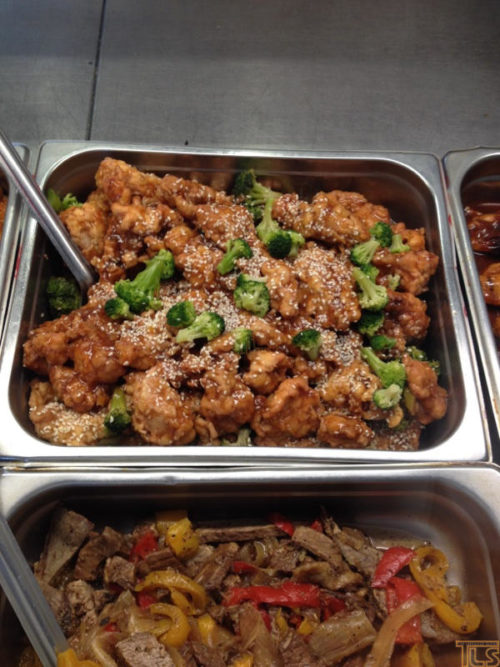
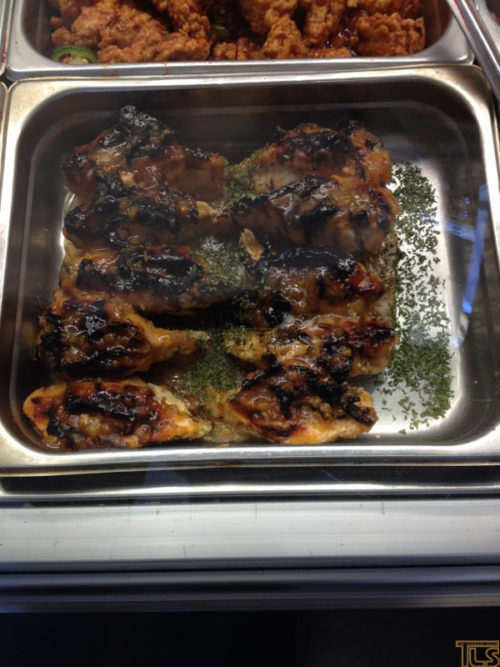
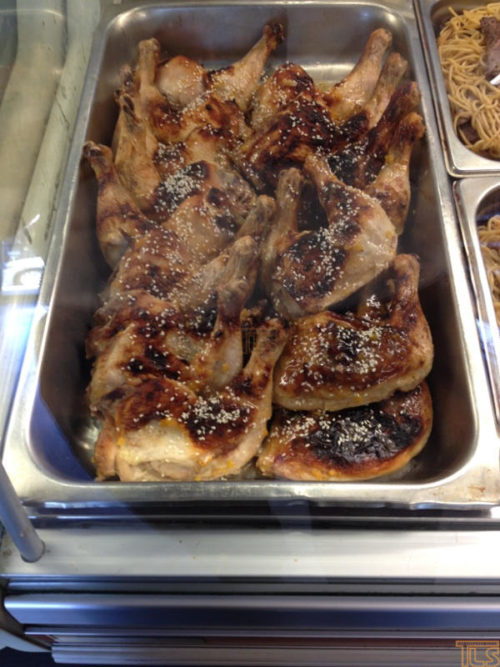
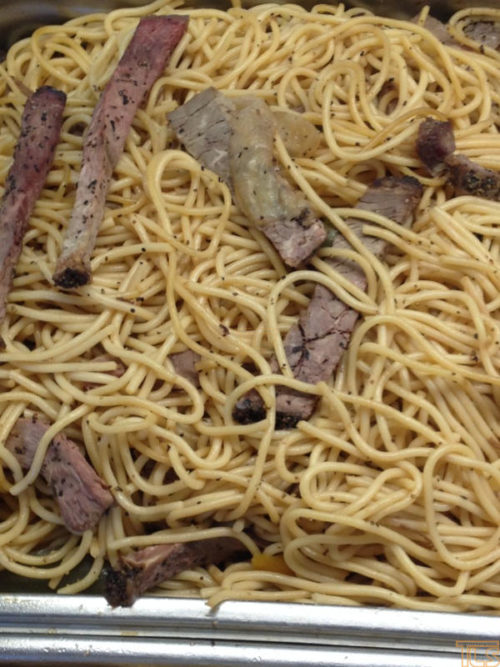
It would seem for ashkenazim there would be no issue of Shehiya if it cooked Maachal Ben Drusai.
Hadassah, you missed the point. Garnishes added for looks are generally uncooked. If the dish plus the fresh parsley or rosemary is reheated on Shabbat, it causes the raw food to get cooked which is an Issur D’oraita. This problem is not limited to take out, though. Many housewives garnish their food to make it impressive and appealing.
I believe Hadassah is referring to the rare meat issue, not to the garnishes/spices at all.
Maachal ben Drusai refers to food which is partially cooked, but already edible- either 1/3 to 1/2 cooked. If food has reached that point before Shabbos it may be allowed to continue/finish cooking on Shabbos.
(Always ask your Rabbi.)
@ Haddasah
…and you are worried that the 4 Poskim with all their combined expert knowledge may have forgotten that point?
The sesame seeds good chance they are roasted as many recipes call for (probably so they don’t get as soggy) and in defense for @Haddasah I think she is pointing out a different issue which this letter doesn’t seem to address which is warming these things up before shabbos and for that as long as it’s cooked maachel been drusai (if the garnishment was put on while the food is boiling hot good chance it got partially cooked)it won’t be a problem of shehiya
Was just wondering what about the vegetables that are mixed in to these dishes many of them call for steaming them for only a couple of minutes… Fully cooked I don’t think so?
After consulting my notes from seminary I stand corrected. Although we do hold like Chananya, the Mishne Berurah says that for Shehiya we should be machmir like the Rabanan. However, there is another eitzah and that is to use a blech. If someone wants to use this dish for Friday night, an option I think would be to put it on the stovetop and use a blech and therefore it doesn’t matter if the spices were not cooked.
not so sure about the blech. if you add meat to a chulent pot without it being 2/3rds cooked before shabbos, that is a problem. unless you put it in fully raw right before shabbos.
Rabbi Shimon Eider writes on page 333 that the problem of shehiya doesn’t apply when one uses a blech.
All are mandated by the Mishna to have a Morah Horah. Talking in learning is a commandment for men. Woman learn to implement practical law in the home. Neither, should be their own posek!
Hatzlocah ubracah
Hadasah are you married yet? We might want you as a daughter in law!! Also, can you please post where you got the pics of those delicious looking food dishes? Might wanna get some for this Shabbos!!!!
Just to clarify re some comments above. The letter specifically discusses putting the food item on “Shabbos” as opposed to “erev Shabbos.” Hadassah, I am sure your notes will note that a raw food item may not be put on the fire (even in a manner when putting lkatchila bshabbos would be mutter)on Shabbos. Shiya is an erver Shabbos rule.
I don’t think it’s tznius to be addressing commenters by their first name.
How else should he address her if her first name is all that he has to go on?
The stores need to stop selling the food this way or lose their hechsher. In addition. At the very least they need to post a huge sign in each store apologising. So that their customers can do teshuva and vidu on this matter. Not everybody reads the scoop.
A “Geshmake” discussion to get into is whether or not garnishes would be considered a enough of a “taful” to take this out of the category os “Meleches Machsheves” which would be required to make it a D’Oraaisa.
I do suspect that since the person’s intent is generally to cook the chicken, many would hold that the sesame seeds would not be intentional (the proof is inherent: the very fact that this is an issue because people don’t realize they are cooking anything raw takes it out of Meleches Machsheves – although something being Shogeg doesn’t automatically make it not Machsheves, it could in this case) so although it is still something to be avoided, there is a possibility that the issue of D’Oraaisa may be just a bit overstated.
Of course, if the raw garnish is significant, then it could be. Though you would figure that most people would realize, then.